Getting Ready for Back to Class
In public schools, families choose learning options, while colleges and Jewish private schools are generally returning in-person. At least one school requires vaccination proof.
Atlanta Jewish day schools expect to keep up with the trend of business-as-usual post-COVID – well, almost – when they swing open their doors next month. Meanwhile, public schools may be some of the last holdouts, not changing much over the past school year in terms of options for learning. Except students who choose online learning may be taught by a different teacher than the ones at their school.
The Pfizer COVID-19 vaccine has been approved for children ages 12 to 15. But with young children still not eligible for the vaccine, Atlanta-area public schools are erring on the side of caution, offering virtual learning to those not comfortable returning face-to-face next month.
The AJT helps Jewish Atlanta compare and contrast back to school this year to 2020. Some of the schools may be following their county’s health guidelines for safety protocols, while others turn to the Centers for Disease Control and Prevention.
As of July 27, the CDC is encouraging a return to in-person classroom instruction for K-12 schools “with layered prevention strategies in place,” while recommending universal mask wearing for all teachers, staff, students, and visitors to K-12 schools, regardless of vaccination status. The CDC also recommends schools maintain at least 3 feet of physical distance between students within the classroom. When distancing is not possible, “it is especially important to layer multiple other prevention strategies, such as indoor masking,” the CDC states online in its latest school guidance about pandemic learning.
Regardless of the mask policy at the school, the CDC also states that “passengers and drivers must wear a mask on school buses, including on buses operated by public and private school systems. … Schools should provide masks to those students who need them (including on buses), such as students who forgot to bring their mask or whose families are unable to afford them.”
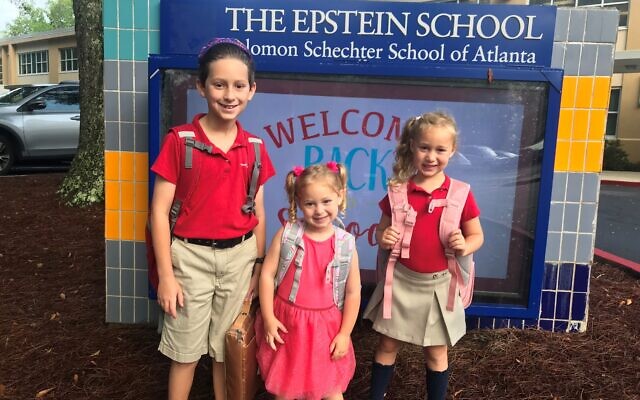
The Epstein School
Like last year, classes will begin at The Epstein School in a staggered schedule, with first through eighth grades returning Aug. 10, kindergarten the next day and early childhood students Aug. 12. “Interest has been strong this year and we anticipate opening in the mid-400s with new inquiries continuing to come in every day,” said Head of School David Abusch-Magder.
“Both last year and this year, our primary instructional model is in-person. Last year, our students were in-person from the beginning of the year, though students could opt to participate virtually.
“Our multilayered COVID mitigation strategies were very effective throughout the year and included changes to our physical plant, our schedule, and our classrooms, as well as use of personal protective equipment and public health protocols. With the introduction of vaccines in 2021, and the lower case-numbers, we have been relaxing some strategies while maintaining others,” Abusch-Magder continued.
“In planning for this year, we will again be following updated public health guidance. Our approach is designed to be dynamic and allows us to tighten or relax our mitigation strategies based on what is happening at school and in our area. Given the rise of case rates associated with the delta variant, we will be starting with more strategies in place than we’d originally planned.
“Most of our students are not eligible for vaccination as the school year begins; when they become eligible for vaccination, and as case rates stabilize and fall, we anticipate being able to relax some mitigation strategies. We will begin school with unvaccinated students and their teachers wearing masks indoors.”
New this year, Epstein is bringing back team sports in grades six through eight, following CDC and local health guidelines, Abusch-Magder said.
Also, spaces at Epstein that were enlarged last year to accommodate social distancing efforts are being rebuilt with walls reinstalled to return to their original configuration, the school reported.
Atlanta Jewish Academy
Students at AJA will also have a staggered start back to school like last year with Early Childhood Development students returning Aug. 10 followed by middle school Aug. 12, the lower school Aug. 13 and high school Aug. 18. A total of 485 students are expected, said Executive Director Franeen Sarif.
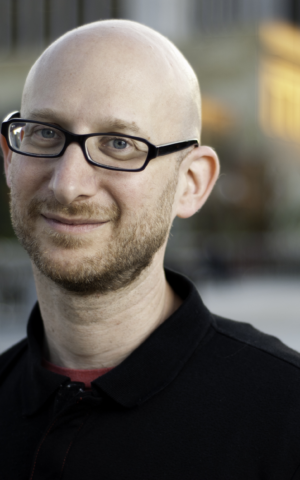
“Last year we were on campus with in-person learning for the whole year, with the option to be remote. The only difference was high school started after the chaggim [holiday] in October. This year everyone is starting around the same time within a week or so of one another and remote learning is not a long-term option.”
In terms of health protocols, Sarif explained, “Students will socialize with students outside of their immediate classroom. Students will regain mobility throughout the building, traveling to the art room, music room, gym and the learning commons.
“Student desks will be set up 3 feet apart as opposed to 6 feet, more closely resembling a pre-pandemic classroom.” In the lower school, there will be smaller classes with one teacher as opposed to larger classes with two teachers, Sarif said.
AJA requires all students 12 and older, and faculty and staff, to show proof of vaccination prior to the first day of school.
“Parents with proof of vaccination will have increased access to campus for opportunities specific to their child’s classroom or adult-only events.” For example, coffee chats, social events and the like, she said.
“Unvaccinated parents may have limited access to the building and/or masks may be required when exposed to unvaccinated children.”
In other AJA back-to-school news, EB Catering will be preparing lunches for any students who wish to purchase it. Michael Levine has been hired as a music teacher. There will be more outside teaching areas with several gazebos added and bus service is expanding to Dunwoody with an additional bus on the Toco route, including a drop-off stop Intown.
New high school electives include art, photography, music, coding and Maimonides Moot Court, previously known as Moot Beit Din. Policy Debate is being added as a middle school elective and ECD students will have weekly yoga classes.
Lastly, parents and students will continue their training in body safety awareness through the Be Seen and Heard body safety curriculum.
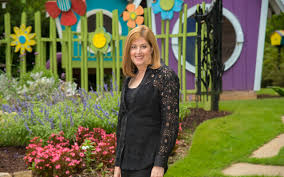
The Davis Academy
When The Davis Academy resumes classes Aug. 16, it will welcome back almost 500 students to its lower school and middle school campuses with some of the same protective protocols as last year, according to Amy Shafron, head of school.
Those protocols include mask-wearing and healthy hygiene, “while also enabling students to mix for classes and activities such as recess and PE across their grade level and to participate in athletics, extra-curricular activities and bus transportation,” she said.
“In consultation with the medical experts on our Health and Safety Committee, we will continue to evaluate the variables as school gets underway, will adjust as warranted, and will again revise them once our younger students become eligible for vaccinations, which we hope will come in the early fall.”
The school expects it “may have to alternate our approach when we enter the winter months and as we monitor the potential spread of the delta variant, we are also very optimistic that as soon as students of all ages become eligible for the COVID-19 vaccine, we will return with great spirit fully to every aspect of our full pre-pandemic Davis experience. At the current time we expect that when school reopens, those who are unvaccinated will wear masks except when outdoors or when eating, and masks will be optional for those who are vaccinated, reflecting the newest CDC recommendation for school settings.”
Last year the large majority of Davis students were learning in-person throughout the school year. “This year we have eliminated the need for a Concurrent Learning option. We are excited that all of our students will get the socialization and peer experiences that come with learning together in person, moving between classrooms, mixed groupings for PE, recess and lunch, student choices for 5th–8th grade electives, team sports, after-school programs, and more.”
Shafron added, “Our policies and practices are now being revised for the start of this school year knowing that the risk of transmission within our community has been greatly reduced with the almost universal vaccination of our faculty, staff and eligible students. Through a parent survey last spring, reporting indicates almost universal vaccination of our parents as well.”
Torah Day School
Classes resume Aug. 17 for the TDS lower school and Aug. 18 for middle school with a little over 330 students expected, according to Rabbi Meir Cohen, head of school. No remote learning will be offered this year. “All students will need to be in-person.”
While COVID policies continue to take shape, Cohen said the school is encouraged by its track record.
“Thankfully, we seem to have a high population of adults who have been vaccinated, and a low rate of transmission in our local Toco Hills community and in the school community. This past year, the protocols worked well to keep COVID from spreading throughout the school.
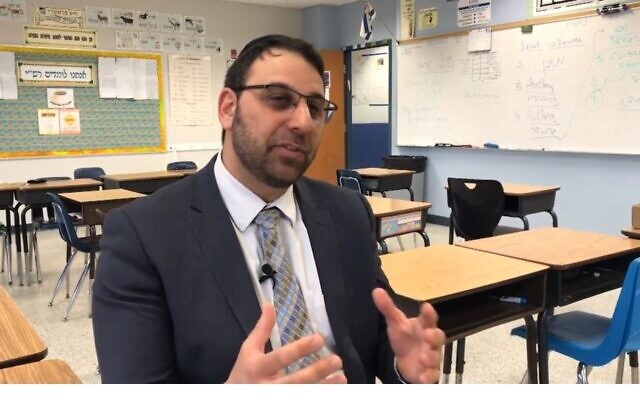
“Although we had some individual students and staff members who were infected at different times throughout the year, we did not have a known case of student-to-student transmission, and only one teacher-to-student transmission. We also only had one forced closure due to COVID the entire year (two or more people in the school with COVID at the same time). So, the protocols worked to keep everyone safe and to keep school in the building virtually the entire year,” he said.
“As we look towards next year, we have over 90% of our faculty/staff fully vaccinated, and a recent community survey seems to indicate that this rate is consistent with all the adults in our community (though we haven’t polled the parents directly yet).
“When we ended the year, positivity rates were at a level that would have allowed many leniencies in protocols based on the models we built last year. The only concerns we have about abandoning all protocols is that the children under 12 have not had the opportunity to get vaccinated and that the delta variant seems to be more contagious, more deadly, and becoming the prevalent strain in the U.S. So, I don’t think we will have all the protocols we had in place last year with social distancing, strict bubbling, mask wearing indoors or close proximity outdoors, daily health screening form and temperature, quarantine until proven that the ‘cold’ is not COVID, etc.”
Cohen continued, “We are currently discussing which protocols would make the most sense to keep our students safe while at the same time providing the type of school experience that is most beneficial to their academic, social, emotional and spiritual growth. It is a balance we are still deciding on.”
Among the decisions still to be made are mask mandates, he said. “No, we are not requiring everyone to be vaccinated. We are strongly encouraging.”
The Weber School
School begins Aug. 13 at The Weber School. Although the school hadn’t finalized plans for back to school by press time, it pointed to its progress in the 2020-21 academic year. “We have moved through a year that focused on student, faculty and staff safety with tremendous success,” Head of School Rabbi Ed Harwitz told the AJT in a prepared statement.

“For the 2021-2022 school year, we have enrolled 260 students and plan to be a fully operational school with a full complement of curricular and co-curricular programs both on and off-campus. We plan to resume our legacy programming, including our all-school Shabbaton, grade trips and Global Immersion Experiences,” Harwitz stated.
“All travel education is being expanded this year with two Cuba trips (one more than usual) and extended grade trips (I believe a day longer than in the past).”
Meanwhile, the school is monitoring the global health environment, Harwitz said. “We remain in close collaboration with the Fulton County Board of Health and will implement on campus safety protocols that are recommended by FCBH at the time that school begins.”
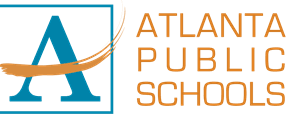
Atlanta Schools
As it prepares to return to class Aug. 5, Atlanta Public Schools has a new policy on mask wearing and modified its bell schedule to start and end school earlier. The Universal Mask Wearing protocol in all schools and buildings came after evaluating the health landscape, according to the district’s website. That included data on the delta variant and the status of vaccinations in its community.
For instance, the FCBH reports that about 18 percent of APS’ eligible students are fully vaccinated and about 58 percent of district employees have indicated that they are fully vaccinated or plan to be, APS reported from its survey data.
“The American Academy of Pediatrics recommends that all students and school staff wear masks regardless of whether they have been vaccinated against COVID-19 and the CDC recommends that all unvaccinated people wear a mask. Given our low vaccination rates and increasing community spread, the CDC acknowledges that universal masking would be appropriate.”
APS will also continue to offer COVID-19 surveillance testing weekly with vaccines for students and staff available twice before school begins:
- In partnership with Walgreens, APS will offer vaccines to families and staff at the Back to School Bash July 31.
- Starting Aug. 9, APS will offer on-site vaccinations to staff and eligible students in middle and high schools with the FCBH.
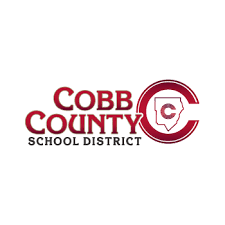
Cobb Schools
Cobb County Schools resume Aug. 2 with both face-to-face and online learners. Online teachers will not be teaching face-to-face and virtual students simultaneously, according to a district press release. “The dedicated online Cobb educators will focus solely on the needs of their online students.”
Superintendent Chris Ragsdale said, “There are students and teachers who are thriving in the online learning environment. So, it is incumbent to us to provide the opportunities that allow each student to succeed. Although we are anticipating that most Cobb students will return to face-to-face in August, online learning will continue to be an option for Cobb students and families for the long-term.”
Online learning will be provided through the new Cobb Online Learning Academy for online learners in grades six to 12; local school-based online learning for students in pre-K through fifth grade; Cobb Horizon Academy as an alternative school for online learners; and the Cobb Virtual Academy for part-time online learners.
“While the effects of the COVID-19 pandemic are not yet over, we do know uncertainty continues,” Ragsdale stated, as reported on the district website. “The District remains committed to keeping school doors open and students ‘learning everywhere.’”
Families can learn what a typical day looks like for students enrolled in the Cobb Online Learning Academy with sample schedules available online. “The balance between asynchronous (or independent) and synchronous (teacher-directed) learning will be tailored to support the specific needs of each school level,” according to the district release.
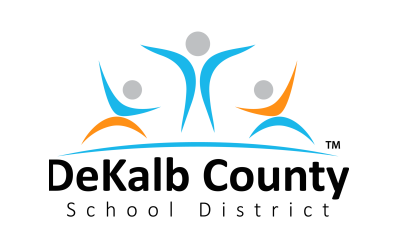
DeKalb Schools
DeKalb County School District will be welcoming students back to in-person instruction Aug. 2, but the district will also offer virtual options that allow students to learn from virtual teachers from FLEX Academy, Georgia Virtual School or designated virtual teachers throughout the school district, according to its website.
Parents had until July 2 to decide if they wanted the virtual option, which was a semester-long commitment.
“There will be an opportunity to change your child’s learning option to in-person learning for second semester in November.”
Some tips for parents when choosing their option included understanding that “virtual course offerings may be more limited than those available for students attending school in-person. … If a family chooses virtual learning, the students must fully engage in synchronous (live direct instruction led by a teacher) and asynchronous (online without real-time teacher-led instruction) learning. Daily attendance will be monitored.”

Fulton Schools
Fulton County Schools plan to offer three options for families regarding instruction for the upcoming academic school year when classes resume Aug. 9: Face-to-face instruction, Fulton Academy of Virtual Excellence, and Fulton Virtual, according to its website.
Face-to-face instruction will be the default option for all students when Fulton County Schools return next month. FCS will have two virtual options: FAVE, where students enroll in a permanent, full-time virtual school; and Fulton Virtual, where students remain enrolled in their current school and take advantage of virtual course offerings. Fulton Virtual enrollment is part-time with a maximum schedule of half of the school-day for high school students. Course offerings vary by grade level.
School Superintendent Mike Looney noted July 22 the district’s plans to expand enrollment for the FAVE by 500 students to a total of 1,500. Families are asked to make a year-long commitment, he stressed.
He said the strategies and structures that were in place at the end of last year will largely be the same, with some changes, such as mask requirements, temperature checks and quarantine protocols. Looney also stated the district would be ready to pivot and make adjustments if the data warrants. “The district’s default position is to have school in a face-to-face environment. However, the Closing Matrix, with different levels for potential outbreaks if needed, will remain in effect,” the district reported.
While encouraging employees and students 12 years and older to get vaccinated, mask wearing remains optional except on school buses, according to CDC guidelines.
The district will have mandatory procedures for reporting a confirmed positive case of COVID and follow a three-part quarantining strategy. “All quarantined students will receive asynchronous instruction. Teachers will communicate with quarantined students regularly. Students will be provided a block of 3 tutoring hours with a third-party partner. “Additionally, students will be invited to participate in extended day synchronous activities.”
On a positive note, the district reported, “According to a voluntary employee vaccination survey, 81 percent of the over 9,500 FCS employees who responded are fully vaccinated.”

Gwinnett Schools
Gwinnett County Public Schools is returning to in-person learning Aug. 4 with a modified digital learning option available
The decision to return to in-person learning takes into account students’ academic and social-emotional needs, improving pandemic conditions (lower rates of infection), the availability of vaccinations for teachers and other school staff, and guidance from health experts and organizations, according to the district’s online magazine.
“Plans for the fall reflect the district’s commitment to safety for its students and staff, with continued mitigation efforts such as the wearing of masks, provision of PPE [personal protective equipment], and strict cleaning regimens.
“While all students will be scheduled for in-person instruction for the fall, the district will offer families the opportunity to opt out of in-person learning, allowing their children to participate in a modified digital learning option. This modified version —which will have digital students learning from digital teachers, some of whom may be at a different location including Gwinnett Online Campus — is intended to eliminate the need for teachers to teach concurrently.
The district suggested that parents contemplating the modified digital learning option for their children consider:
- The decision to opt out of in-person instruction as a yearlong commitment. However, if a family later determines it is best for their child to return to in-person learning, there will be an opportunity at the end of the first semester.
- Course offerings for digital learners may be more limited than those available for students attending school in-person.
- Parents may opt out of in-person learning for one child if they feel it best serves that child and choose to have another child attend school in-person.
More information is available on school district websites. And for the latest CDC guidance on COVID prevention in K-12 schools, visit www.cdc.gov/coronavirus/
- Roni Robbins
- Education
- Back to School
- Atlanta Jewish day schools
- Post Covid
- Pfizer COVID-19
- jewish atlanta
- Epstein School
- Centers for Disease Control and Prevention
- Mask Wearing
- David Abusch-Magder
- vaccination
- Personal Protective Equipment (PPE)
- Delta variant
- social distancing
- atlanta jewish academy
- Franeen Sarif
- High School
- Middle school
- Lower School
- Early Child Development
- art
- Music
- gym
- Michael Levine
- EB Catering
- Policy Debate
- photography
- Coding
- Maimonides Moot Court
- yoga
- Davis Academy
- Amy Shafron
- Torah Day School
- Rabbi Meir Cohen
- toco hills
- Weber School
- Rabbi Ed Harwitz
- Fulton County Board of Health
- Atlanta Public Schools
- American Academy of Pediatrics
- Walgreens
- Cobb County Schools
- Chris Ragsdale
- Cobb Online Learning Academy
- Cobb Horizon Academy
- Cobb Virtual Academy
- DeKalb County School District
- FLEX Academy
- Georgia Virtual School
- Fulton County Schools
- Fulton Academy of Virtual Excellence (FAVE)
- Fulton Virtual
- Mike Looney
- Gwinnett Online Campus
- Gwinnett County Public Schools
- Micah Reese
- Ryleigh Reese
- Alexis Bank



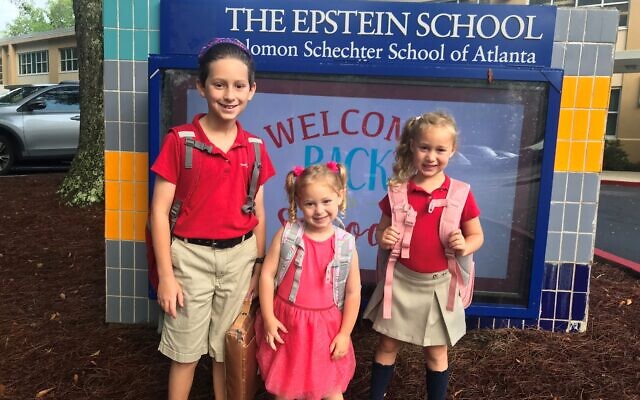

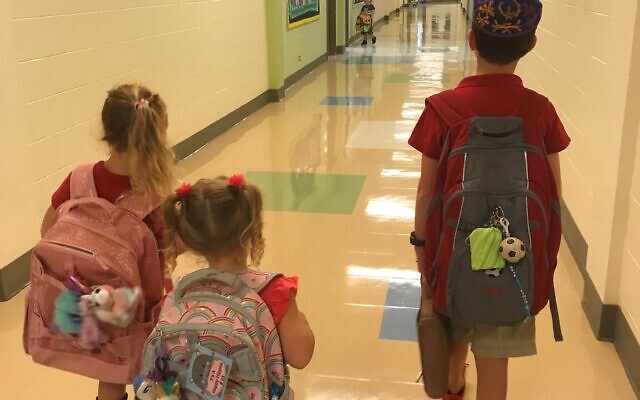
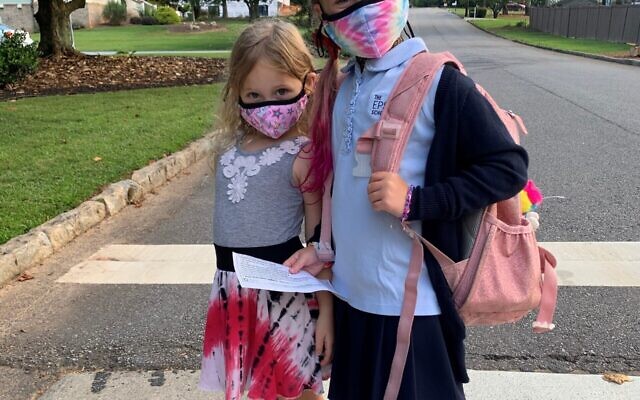
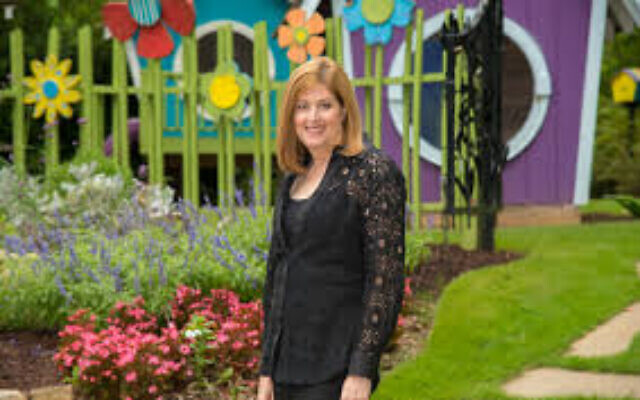
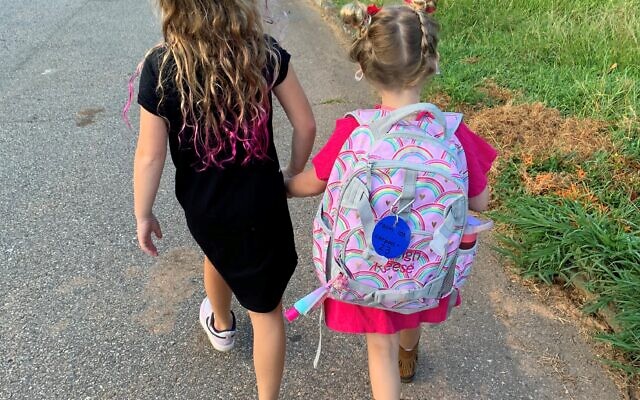
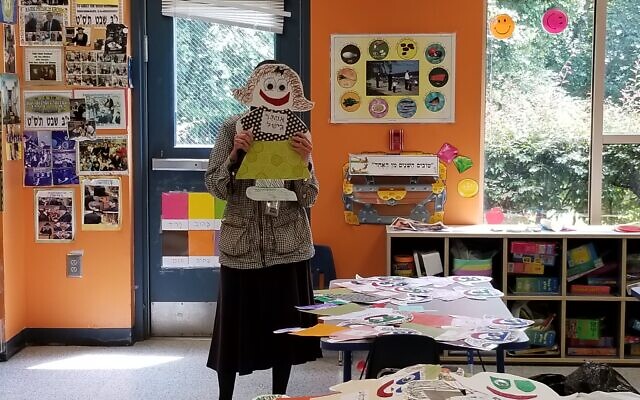
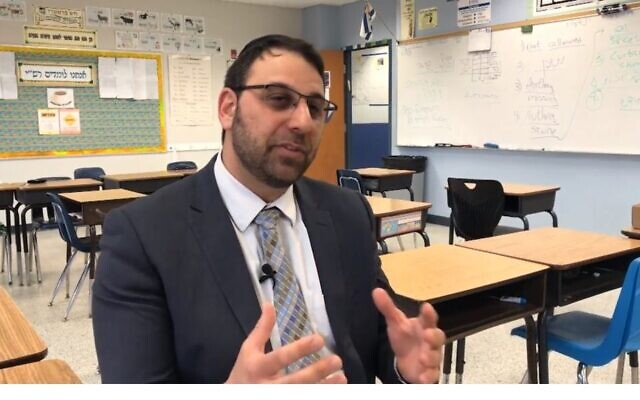
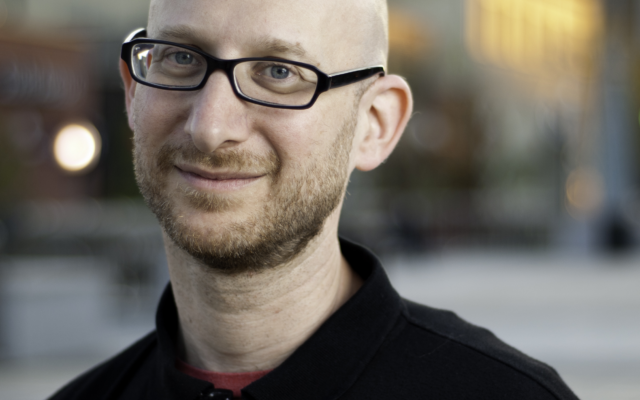
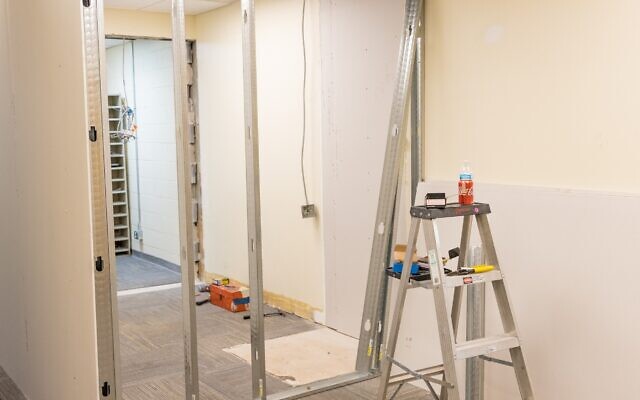
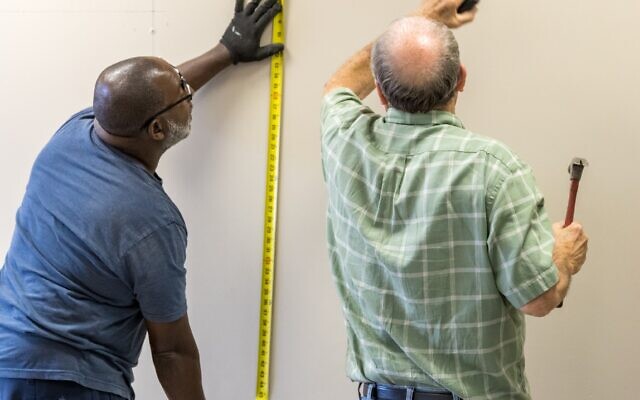
comments